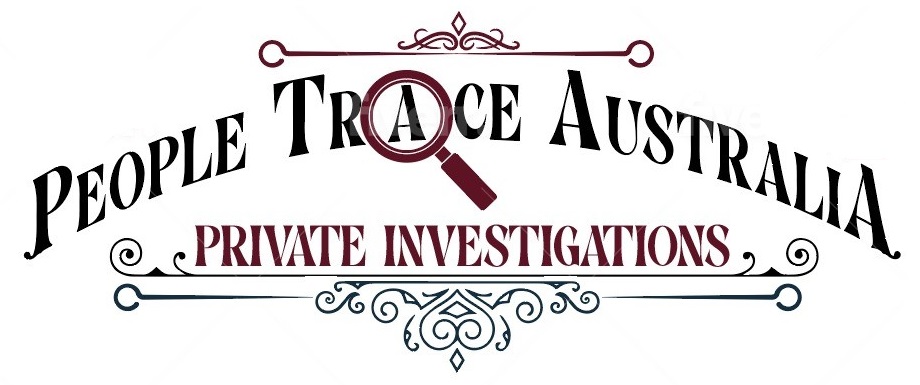In today’s interconnected world, background checks have become an essential tool for ensuring safety, security, and trust. Whether for personal, commercial, or corporate purposes, conducting thorough background checks can prevent potential risks and protect against various threats. This article delves into the importance of background checks, what they entail, and how they can safeguard individuals, businesses, and corporations.
What Are Background Checks?
Background checks involve the process of verifying an individual’s or entity’s history, credentials, and other relevant information. These checks can include criminal records, employment history, education verification, credit reports, and more. The goal is to gather comprehensive information to make informed decisions.
Importance of Background Checks
1. Protecting Individuals
For individuals, background checks are crucial in various scenarios:
- Hiring Domestic Help: Ensuring that nannies, housekeepers, or caregivers have a clean record and trustworthy background.
- Online Dating: Verifying the authenticity and safety of potential partners met through online platforms.
- Tenant Screening: Landlords can use background checks to ensure potential tenants have a good rental history and no criminal background.
2. Safeguarding Businesses
For businesses, background checks are vital for:
- Employee Screening: Ensuring that potential hires have the qualifications they claim and no history of criminal activity or fraudulent behavior.
- Vendor Verification: Confirming that suppliers and partners are reputable and reliable.
- Fraud Prevention: Identifying any red flags that might indicate a risk of fraud or theft within the company.
3. Securing Corporations
For corporations, background checks play a significant role in:
- Due Diligence: Conducting thorough checks during mergers and acquisitions to ensure there are no hidden liabilities.
- Executive Screening: Ensuring that top-level executives have a clean and credible history.
- Compliance: Meeting regulatory requirements and avoiding legal issues by verifying the backgrounds of employees and partners.
What Do Background Checks Entail?
Background checks can vary in scope and depth depending on the purpose. Here are some common components:
1. Criminal Records
Checking for any criminal history is a fundamental part of background checks. This includes searching national and local databases for any past convictions, arrests, or ongoing investigations.
2. Employment History
Verifying past employment helps ensure that the candidate has the experience and qualifications they claim. This can involve contacting previous employers and checking job titles, dates of employment, and reasons for leaving.
3. Education Verification
Confirming educational credentials is essential, especially for positions requiring specific degrees or certifications. This can involve contacting educational institutions to verify attendance and graduation.
4. Credit Reports
For positions involving financial responsibilities, checking credit reports can provide insights into an individual’s financial stability and responsibility.
5. Reference Checks
Speaking with personal and professional references can provide additional insights into an individual’s character, work ethic, and suitability for a role.
6. Social Media Screening
Reviewing social media profiles can offer a glimpse into an individual’s public persona and any potential red flags that might not appear in traditional checks.
How Background Checks Protect
1. Mitigating Risks
Background checks help identify potential risks before they become problems. For example, hiring an employee with a history of theft could lead to internal theft, while partnering with a vendor with a history of fraud could result in financial losses.
2. Building Trust
Conducting thorough background checks builds trust with stakeholders. Employees, customers, and partners are more likely to feel secure knowing that the organization takes safety and security seriously.
3. Ensuring Compliance
Many industries have regulatory requirements for background checks. Ensuring compliance with these regulations helps avoid legal issues and potential fines.
4. Protecting Reputation
A single bad hire or partnership can damage an organization’s reputation. Background checks help ensure that everyone associated with the organization upholds its values and standards.
Best Practices for Conducting Background Checks
1. Be Transparent
Inform candidates and partners that background checks will be conducted. Transparency helps build trust and ensures that everyone is aware of the process.
2. Use Reputable Services
Choose reputable background check services that comply with legal standards and provide accurate, up-to-date information.
3. Stay Compliant
Ensure that background checks comply with all relevant laws and regulations, such as the Fair Credit Reporting Act (FCRA) in the United States.
4. Review and Update Policies
Regularly review and update background check policies to ensure they remain effective and compliant with current laws.
5. Consider the Role
Tailor background checks to the specific role or purpose. For example, a financial position might require a more in-depth credit check, while a caregiving role might focus more on criminal history.
Background checks are a critical tool for protecting individuals, businesses, and corporations. By verifying the history and credentials of potential hires, partners, and tenants, background checks help mitigate risks, build trust, ensure compliance, and protect reputations. Implementing thorough and compliant background check processes is essential for maintaining safety and security in today’s complex world.
By understanding the importance of background checks and what they entail, organizations and individuals can make informed decisions that safeguard their interests and promote a secure environment.
